Science has been looking for the means to turn lead into gold. The story goes way back to the alchemists of ancient times who were attempting the transformation of both the material and spiritual. Endeavors of self-purification were symbolized with the concept of turning lead into gold, and also quite literally the seeking of a chemical solution for changing actual lead into genuine gold.
Unfortunately, historical alchemists failed in their attempts. Modern science may have succeeded. Perhaps you’ve heard of the Hadron Collider. The basics are this particle accelerator spanning a distance of 16 plus miles fires particles in opposite directions at almost, and it’s a hair shy, light speed so they can smash into each other and be analyzed. With one particular study they aimed two beams of lead ions at each other and in the instances where instead of colliding they just missed, something magical happened.
So as not be lost down the rabbit hole in science terminology. The basics are that when the lead particles glanced off each other, the magnetic force was strong enough to pull 3 protons out of the lead Pb (the symbol of lead on the Periodic table) turning the element into Au. Gold!
The newly created gold lasted less than a second before smashing into the wall of the collider or collapsing into other particles. Nevertheless for that brief moment in time, humans have put their collective genius together and made gold out of lead.
As science continues to push the boundaries between imagination and realization, you might be wondering what else have we been doing. Here are a few really cool endeavors.
AI has been put to work discovering on ways to virtually test medication for humans without having to actually physically test them. One study was successful in having AI predict if patients would be resistant to medication for a non-small cell lung cancer treatment. One of the aims being to match patients with the right cancer treatment drugs.
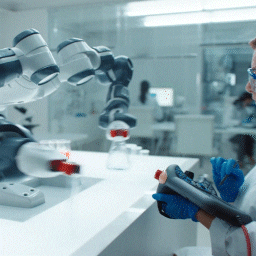
How about some major leaps forward in tackling environmental concerns. Proponents of the no kill movement can be encouraged by advancements in lab grown meats. Though still somewhat early in this new industry's development, tackling pollutions caused from the meat industry via farming and delivery of animal stock would be welcomed. The thought of chicken made in a petri dish can be off putting to some, but delicacies like truffles and blue cheese were also once largely unfavorable.

Most people know about the safety fears around nuclear fission reactors. Did you see the mini series on Chernobyl? Advancements in creating energy from Nuclear fusion have made some recent breakthroughs. Instead of splitting atoms apart to make energy, fusion is combining atomic particles together. A good example would be our sun which works on fusion. Since the 1950's science has been trying to pull more energy out than they were putting in to make the fusion reaction, and now they have.
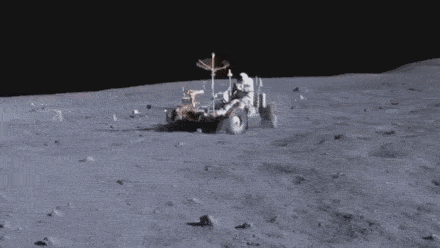
The Hadron Collider at great cost was able to make gold from lead for less than a second. It would appear that most innovations take time to yield any sort of transformative impact. You might argue, if we want the good stuff, we got to start somewhere and collectively be patient.





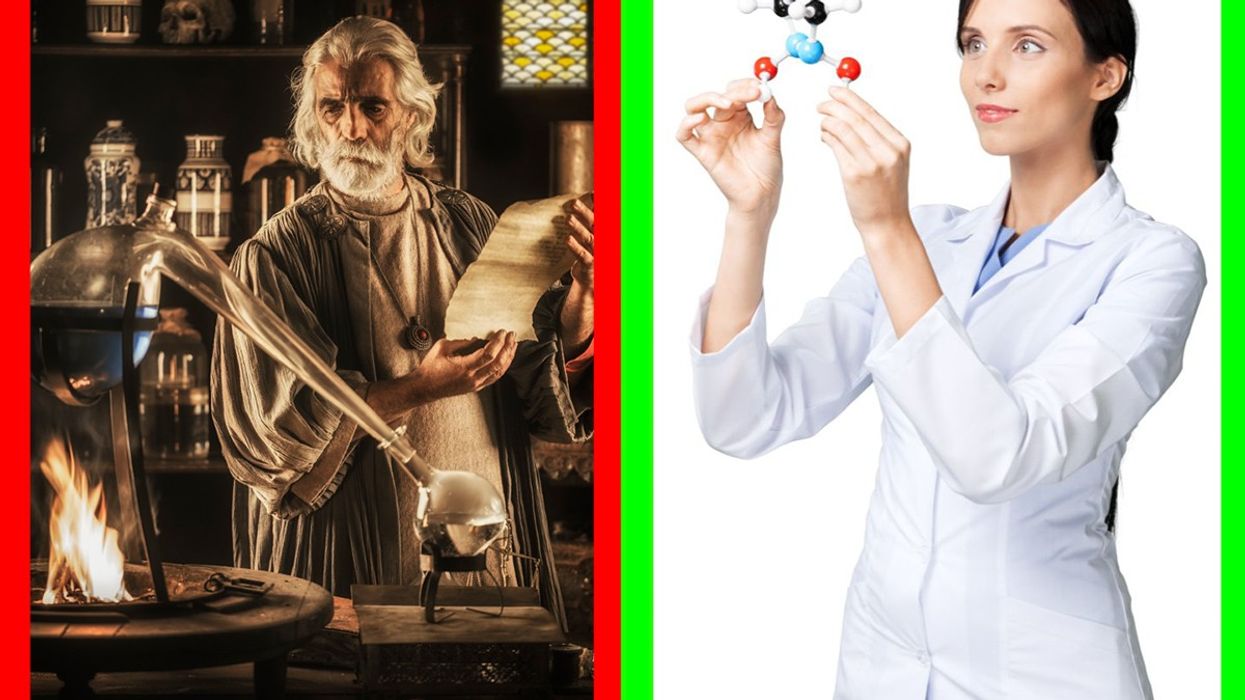












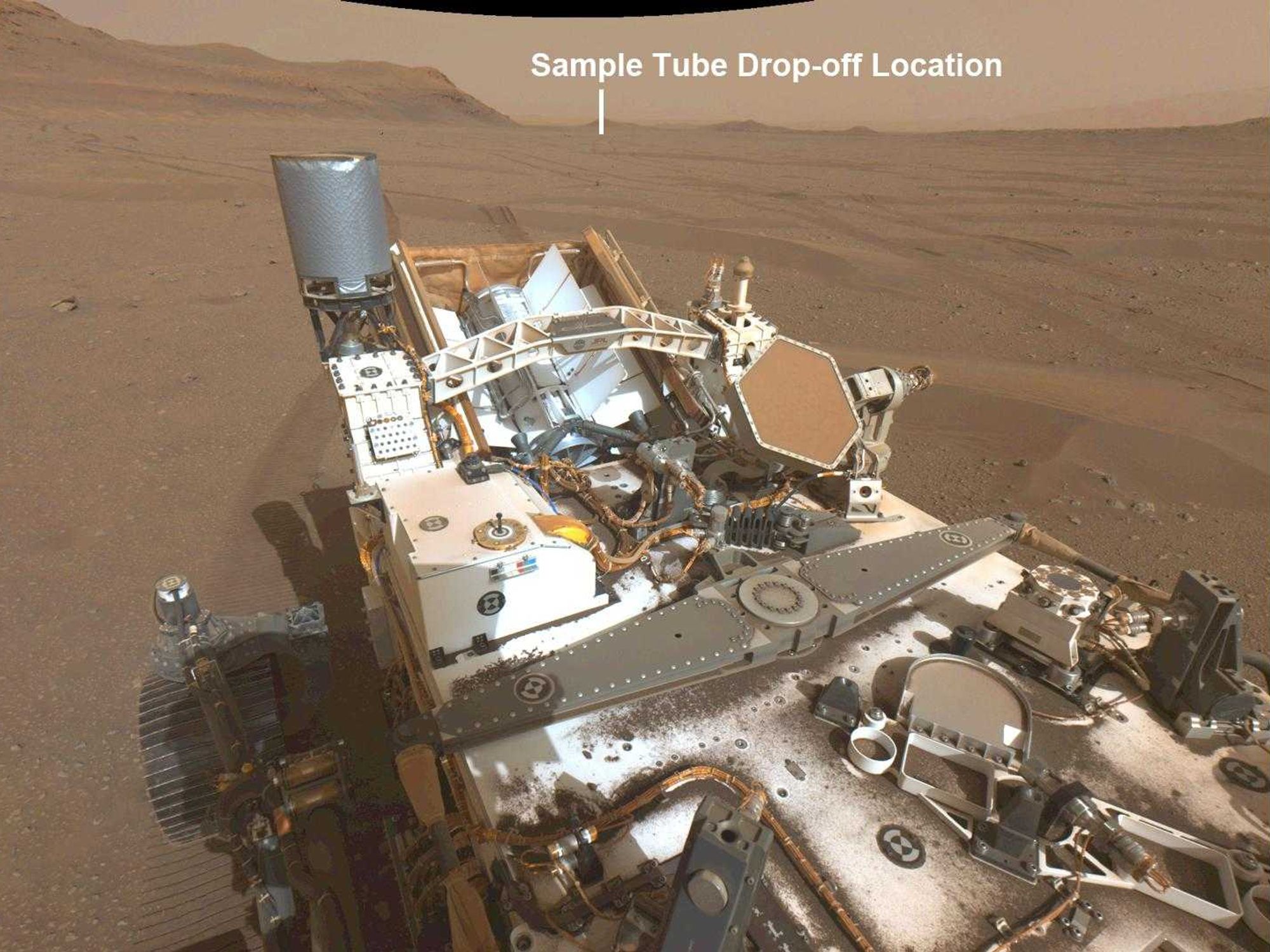 Images from Mars from NASA's Perseverance Mars rover.NASA/JPL-Caltech/
Images from Mars from NASA's Perseverance Mars rover.NASA/JPL-Caltech/ 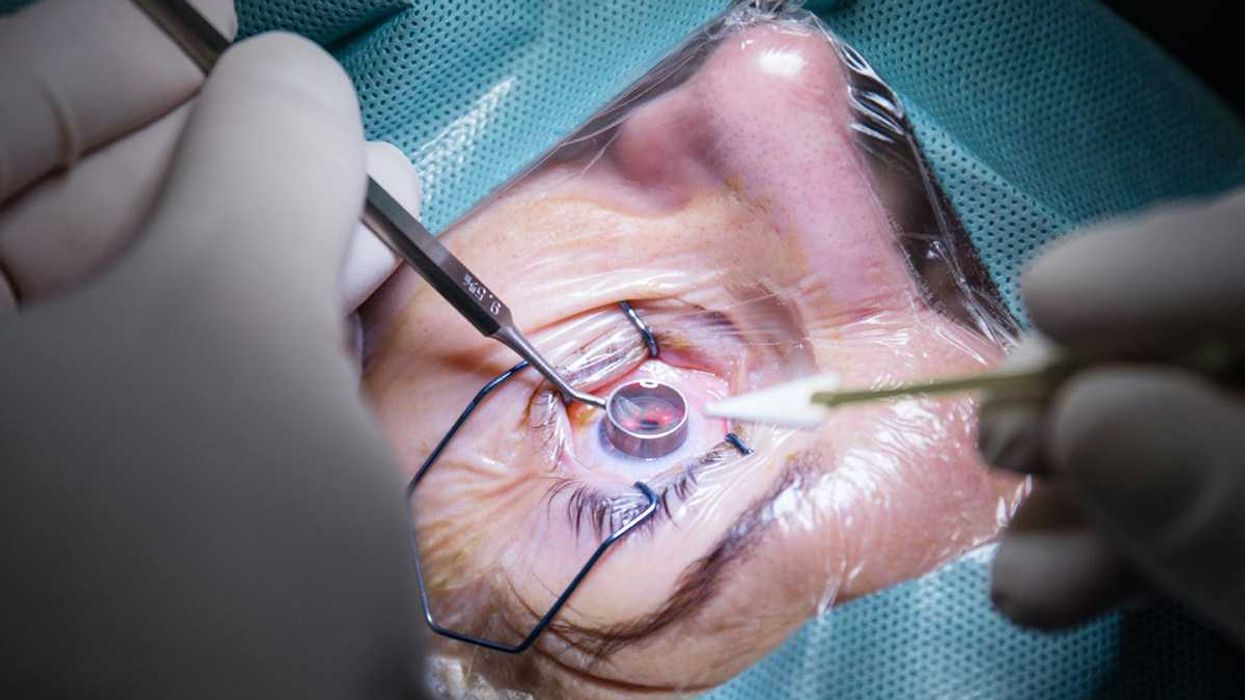 Eye surgery.Photo credit:
Eye surgery.Photo credit: 
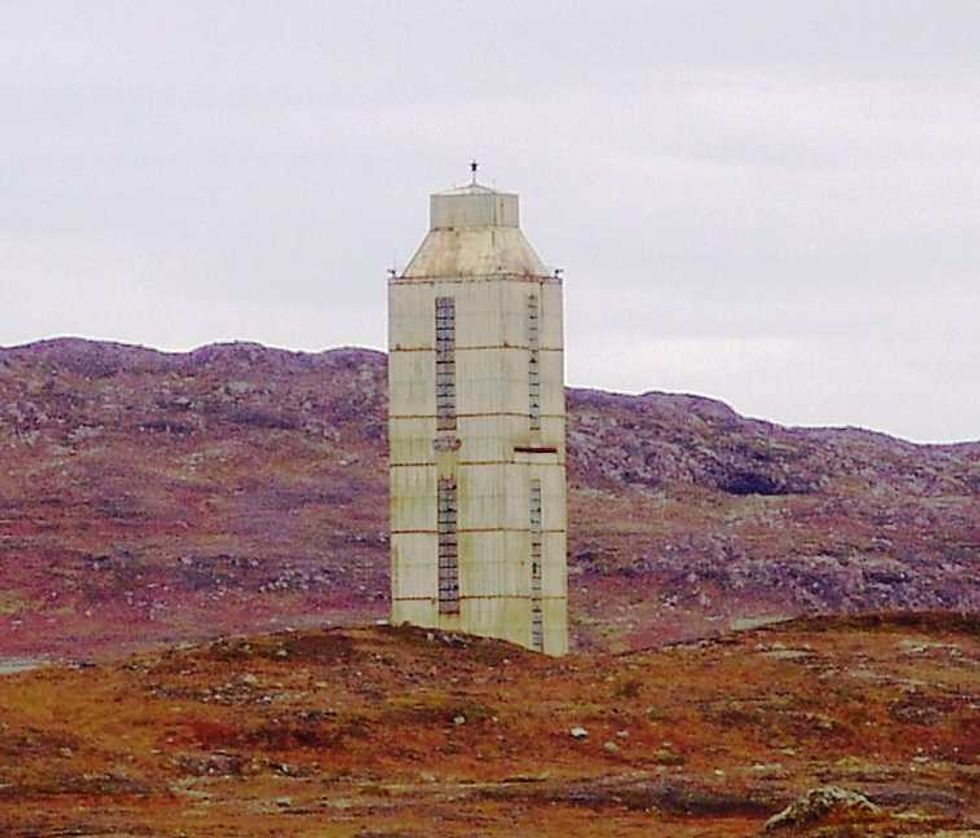 Superstructure of the Kola Superdeep Borehole, 2007
Superstructure of the Kola Superdeep Borehole, 2007 
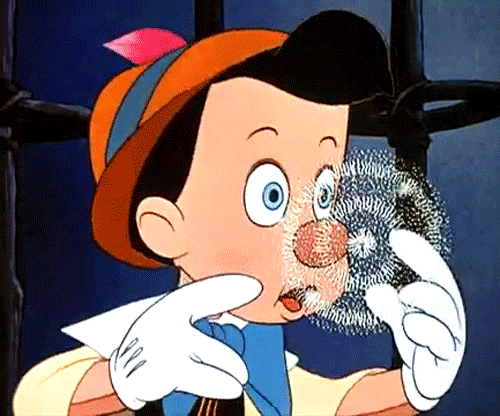 Gif of Pinocchio via
Gif of Pinocchio via 
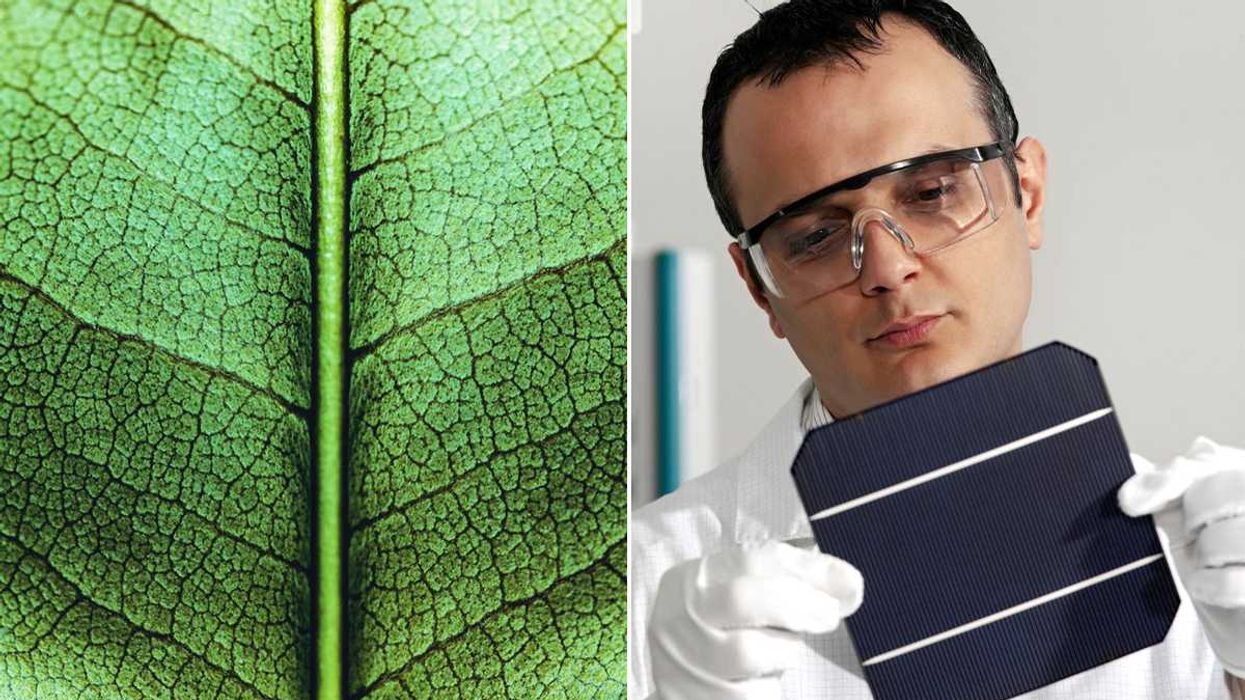
 Floating gardens with solar panels. Image from
Floating gardens with solar panels. Image from 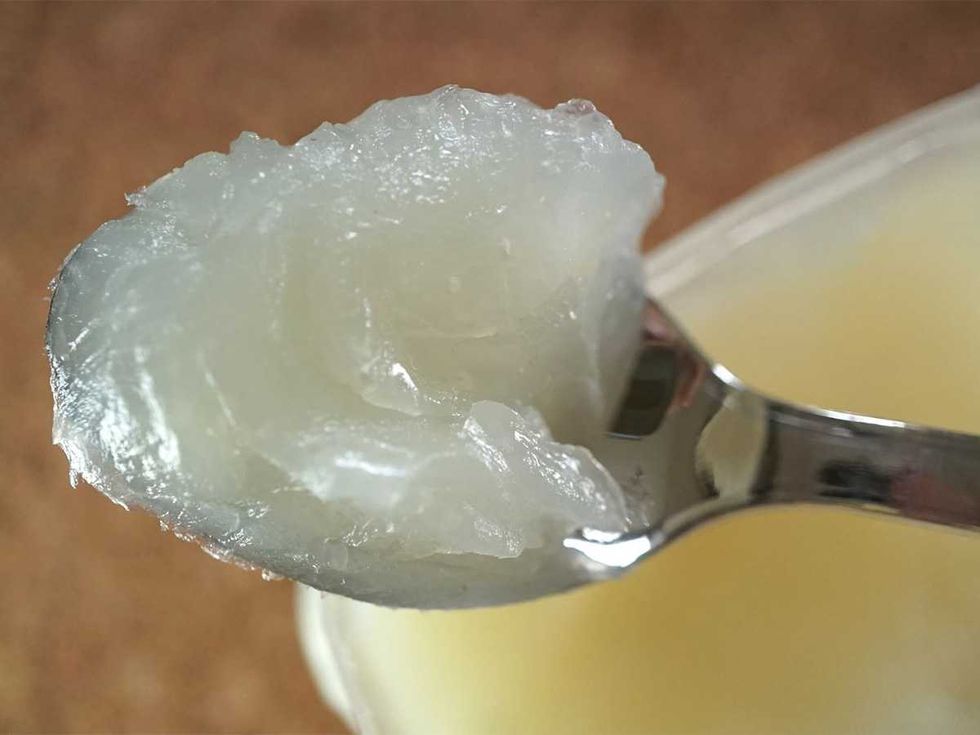 Petroleum jelly. Image from
Petroleum jelly. Image from 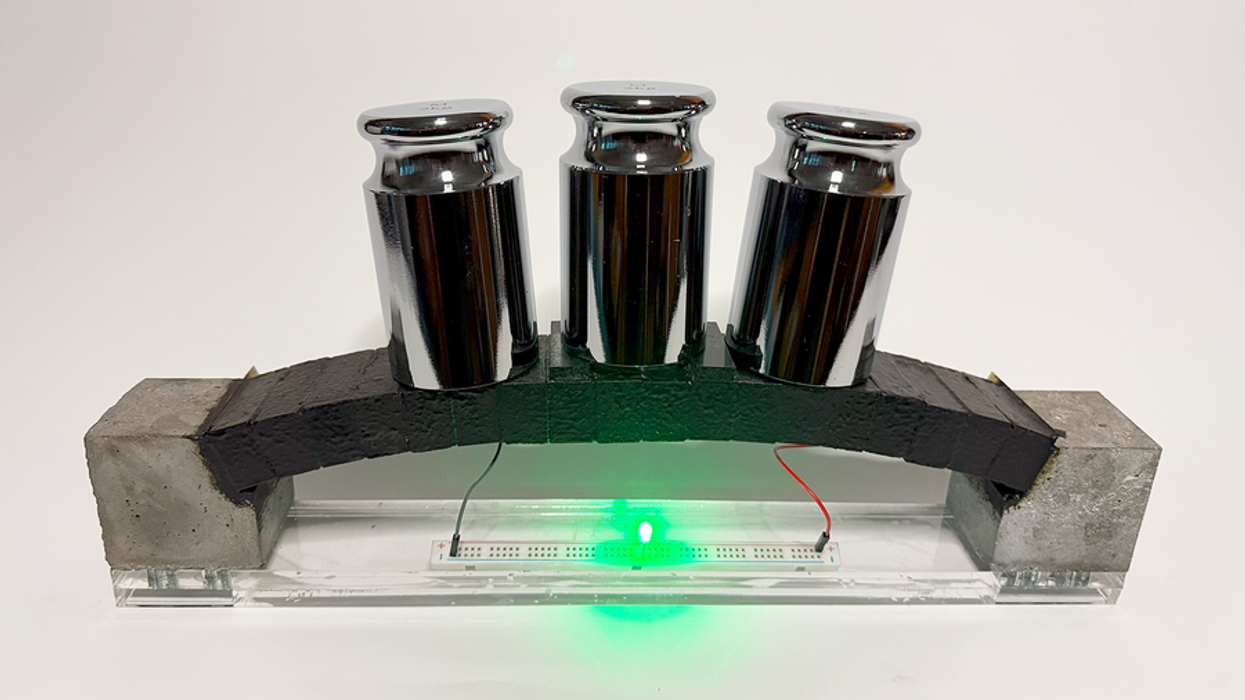
 Man standing on concrete wall.Photo credit
Man standing on concrete wall.Photo credit  The Pantheon in Rome and Hong Kong at sunrise.Photo credit
The Pantheon in Rome and Hong Kong at sunrise.Photo credit  Windmills and green grass.
Windmills and green grass. 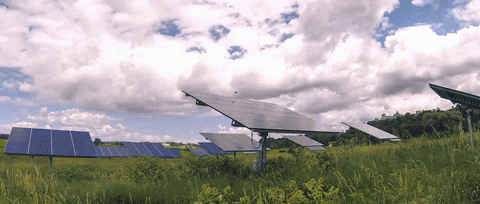 Time lapse of blue skies over a solar field.
Time lapse of blue skies over a solar field. 
 3D televisionImage via
3D televisionImage via 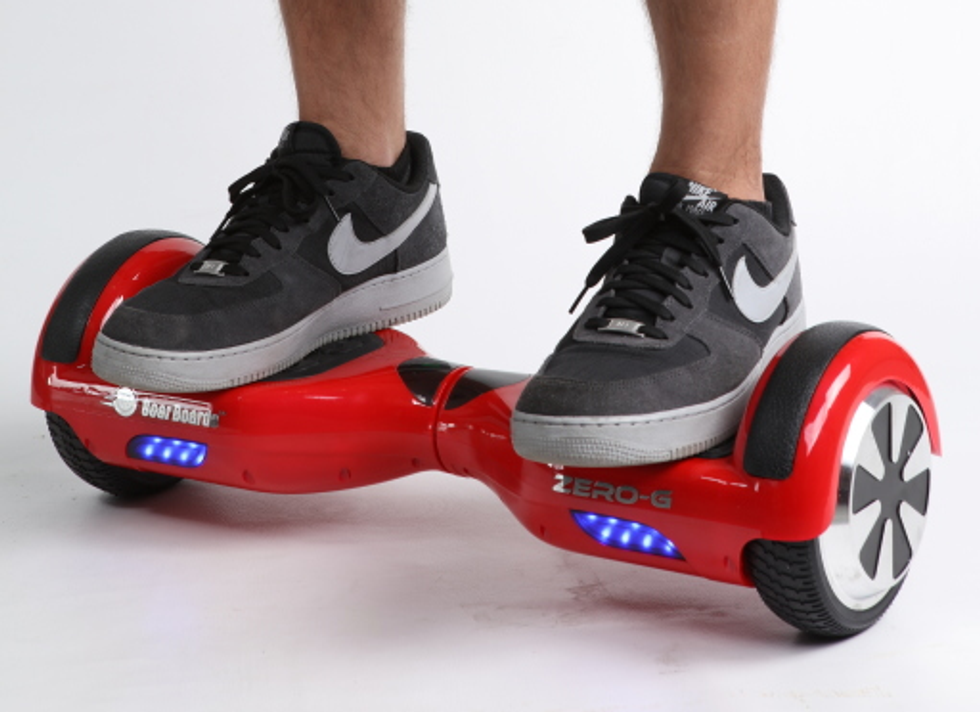 Standing on a hoverboard.Image via
Standing on a hoverboard.Image via  Never ending potato chip kkaleidoscope.
Never ending potato chip kkaleidoscope.  Woman using VR goggles outdoorsImage via
Woman using VR goggles outdoorsImage via  The Las Vegas Sphere
The Las Vegas Sphere 
 For now, the Zoox robotaxis are free but they can only drop passengers off at one of five Las Vegas Strip locations with plans to expand to many more locations in the near future. Zoox
For now, the Zoox robotaxis are free but they can only drop passengers off at one of five Las Vegas Strip locations with plans to expand to many more locations in the near future. Zoox The autonomous vehicles can reach speeds up to 75mph going forward or backward. It has four-wheel steering, known as crab steering.Zoox
The autonomous vehicles can reach speeds up to 75mph going forward or backward. It has four-wheel steering, known as crab steering.Zoox